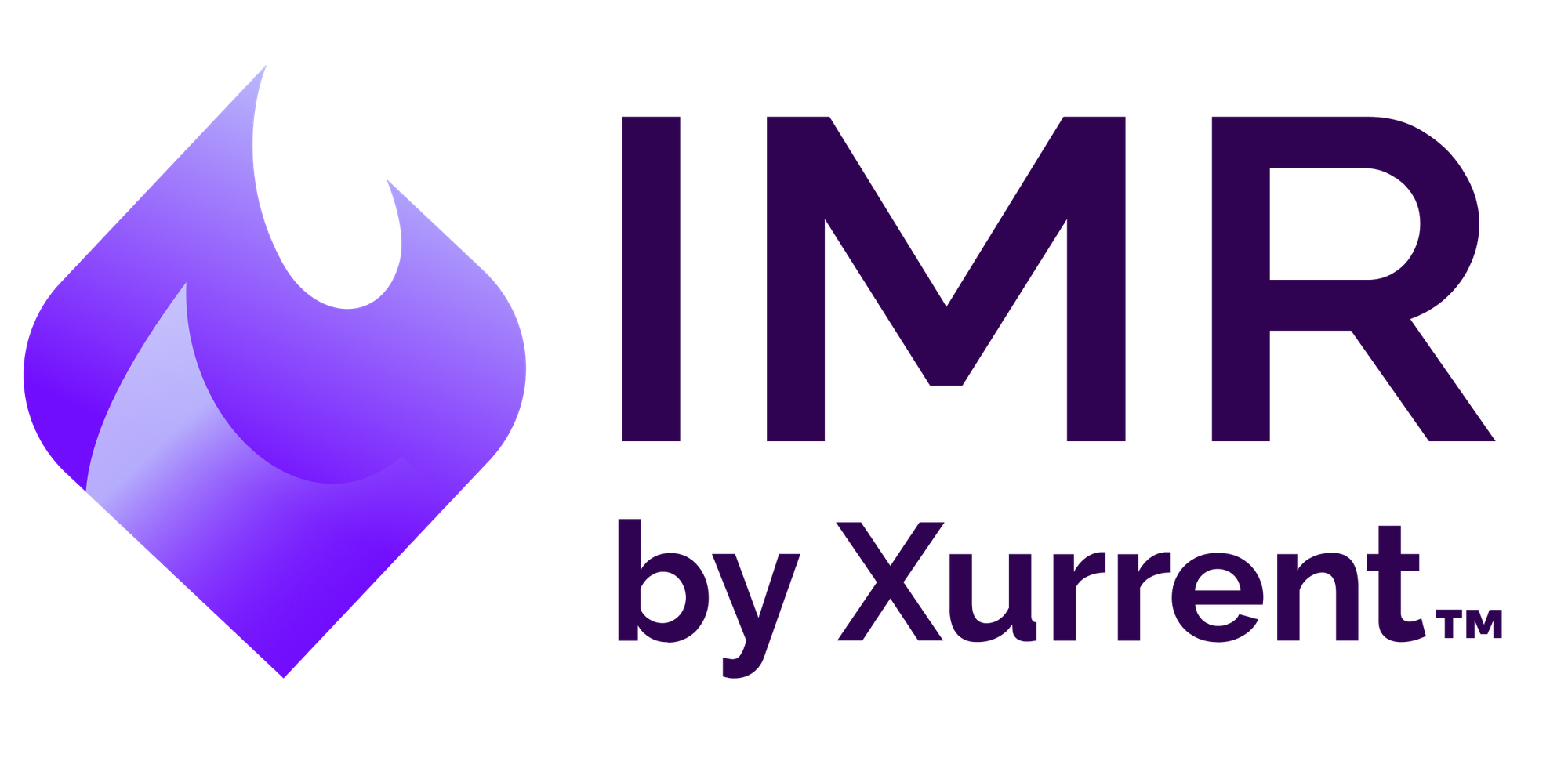Site reliability engineering - Predictions for 2020

Last updated
As we head into 2020, it’s clear that DevOps has finally crossed the divide and gone mainstream. With DevOps firmly ingrained as a standard practice, we now look at how it will evolve. DevOps is driving more overall alignment between development and operations teams than has ever existed in the past. For developers, that means building and delivering impeccable apps to market quickly. Operations teams can focus on a more Ops-centric approach for ensuring streamlined product releases and post-production experience for customers. The two groups can now more readily focus on the things they do best while believing that the other team is in sync.
As agile development methodologies continues to grow and organizations shift focus to improve quality without compromising speed, visibility across the software development life cycle will become of prime importance. In 2020, teams will increasingly be dependent on software that proactively monitors, and even anticipates, potential incidents. Let’s look at the top trends which will influence the world of tech this year.
Kubernetes
According to The State of Kubernetes Adoption and Security report published by Alcide which is based on 200 responses from DevOps engineers, cloud architects, and security professionals, 45% of companies are now running Kubernetes. As more organizations adopt Kubernetes the demand for experienced engineers is on the rise. The rapidly evolving landscape of Kubernetes also means that pros, as well as beginners, have a lot of learning to do in 2020.
SRE
Site Reliability Engineering, coined by Google engineers in 2003, has been around for 15 years or more. However, the technological ideology is still relatively misunderstood. As per the report linked above, based on a survey of 118 SREs globally, 64% of respondents indicate the SRE role has only existed in their companies for 3 years or less. With automation and observability becoming a key factor for more efficient and rapid deployments, an SRE job profile has become one of the most sought after in tech this year.
Microservices
Microservices architecture will become even more mainstream in 2020 as evident in this Google trends graph. The main reason for this is that organizations are constantly pushing the envelope developing complex software and microservices that offer developmental speed, seamless scaling and smaller release cycles in a highly competitive marketplace. Successful companies like Spotify, Amazon, and Netflix have achieved long term growth and sustainable workflows through early adoption, which is something to bear in mind this year.
Serverless
Serverless architecture is helping developers to focus on their applications without having to manage servers. Companies are turning to FaaS and BaaS in 2020 as they ultimately provide business value through billing based on consumption while building resilient systems. Serverless computing, on a greater scale, is also about reducing your carbon footprint through limited usage which makes it more sustainable for the planet in the long run.

Security
Security breaches continue to disrupt service and raise costs for companies on a global scale. This is leading to more companies embedding security into DevOps practices (or DevSecOps) to counter breaches in their defenses. DevSecOps is about implementing security early in the development process and including everyone is aware of best practices.
Microservices and cloud native applications offer unique vulnerabilities, understanding them is crucial to be better prepared for the future. DevSecOps improve collaboration across teams so that there is improved visualization and observability.
This is by no means an all-inclusive list of predictions as software development is quite large and complex. It is essential for new and long-time organizations to stay aware of the ever-changing landscape of technology and adopt them as per their requirements. One of the great things when looking ahead is seeing all of the choices we have for custom building your path to growth.
Be Zen.
Deepak Kumar
Hybrid Cloud Engineering.



